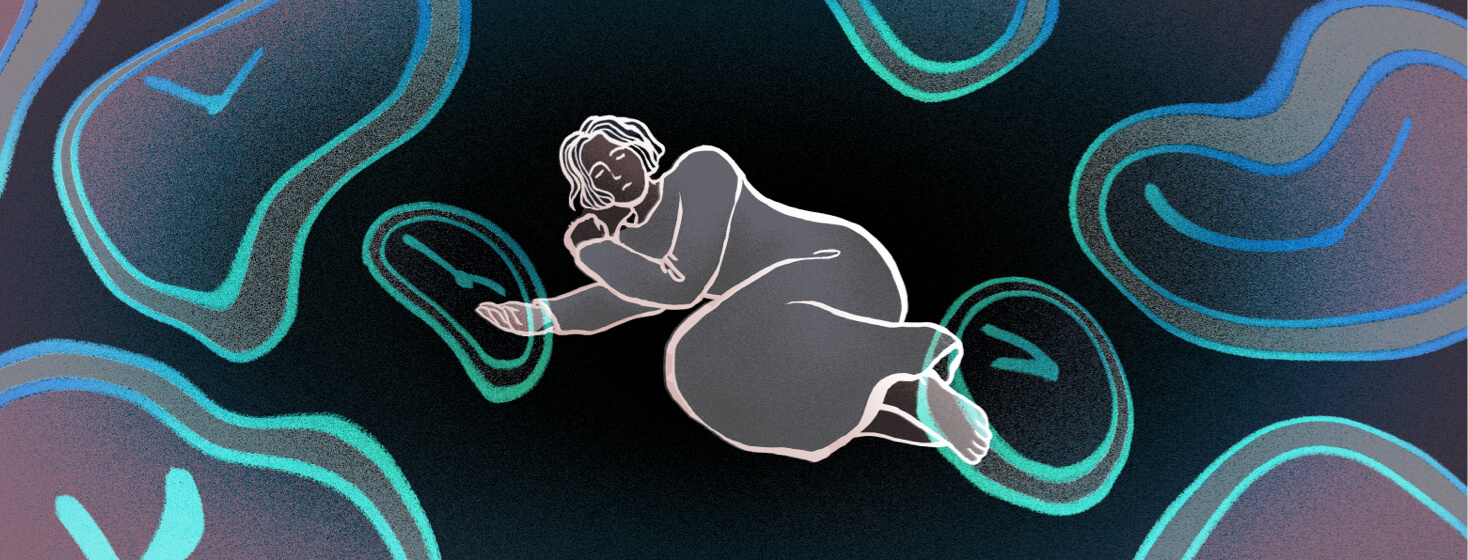Seizure Recovery: Who, What, Where, When, Why?
Where am I? Why am I on the floor? What day is it? Did I have a seizure? When? Who was there?
Returning to reality following a seizure is different for everyone. Before my brain surgery, it was me looking around in confusion, trying to find answers to the 5 W's (who, what, where, when, why). The questions seemed simple on paper, but seizures usually took all my brain power away.
Is this where I live? What time is it?
The postictal state of an epileptic seizure
Sometimes I'd be alone at home, trying hard to find the answers myself. Other times I was lucky, and my friends, family, or coworkers were there to answer the questions I apparently asked every 3 minutes, especially, "What day is it?"
The very first symptom of a seizure starts the ictal state, and it lasts until the end of the seizure. That's when the postictal state begins. It's the recovery period after the seizure that takes place before a person returns to baseline.
Baseline is when our brain starts functioning normally again. One of my epileptologists explained it to me like this: "It’s almost like a rechargeable battery that is discharged and needs to be recharged," he said.
Disoriented and tired during seizure recovery
My average recovery time was generally 3 - 30 minutes. Sometimes when I had large seizures, I would return to baseline quickly and be back to normal within a few minutes. One of my epileptologists called those moments unusual. Most of the time, seizures left me disoriented and tired. Once I fully recovered, I was usually exhausted and often slept a good 10-12 hours that night.
The postictal state can last anywhere from a few seconds to 24 hours for people. Baseline levels can be influenced by many factors, including stress, type of epilepsy, and the use of antiepileptic drugs.1
Symptoms after a seizure
Symptoms also vary between people. The biggest postictal symptom I routinely experienced was overall disorientation. My sense of place and time was gone, and friends and coworkers said I couldn't hold a conversation. I rarely could remember what happened in the hours leading up to the seizure either. Drowsiness also set in, which added to the confusion, and sometimes I got a little nauseous.
Other symptoms people have during the postictal state include unresponsiveness, headaches, and memory impairments. Psychiatric symptoms like postictal depression and psychosis can also occur.1
The postictal state was usually unsettling and overwhelming, but as the minutes passed, I was able to slowly start recognizing peoples' voices and then their faces. If I was lucky, someone I trusted was nearby to soothe me and answer all the questions above, even if I asked them on repeat.
Symptoms vs. postictal state
What was sometimes confusing for the person or people around me following a seizure, though, was that it wasn’t always easy to distinguish my smaller seizures from the postictal state. With large seizures like tonic-clonics, it’s easy to see the ictal state end and the postictal state begin because the convulsing and other motor movements will stop.
But in focal seizures with impaired awareness, absence seizures, and myoclonic seizures, it is harder to differentiate ictal from the postictal state because the symptoms can be similar.2
My confusion and inability to recognize my surroundings sounded similar to my jamais vu auras. But I could tell the difference because jamais vu set in quickly with no warning and interrupted a normal day. With the postictal state, my whole body was usually exhausted from the seizure and I typically woke up on the floor. The disorientation also lasted much longer.
Being with someone who knows I have epilepsy
The biggest lesson I learned from my postictal state symptoms was the importance of traveling with someone who knew my seizure background. A seizure struck one time as I was waiting for my flight at the airport. Thankfully a doctor was nearby who recognized my symptoms and convinced the airline to let me fly once I recovered. Unfortunately, I wasn’t so lucky with the next seizure that day.

Join the conversation